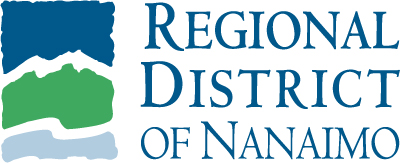Rachelle Stein-Wotten
Local Journalism Initiative Reporter, Gabriola Sounder
The Regional District of Nanaimo is not pursuing setting up a business licensing service at this time, though recent provincial legislation gives it the authority.
As part of the Short-Term Rental Accommodation Act, which received royal assent in October, the province has expanded authority to regional districts to issue business licences, as municipalities already can.
At the electoral area services committee meeting on Feb. 8, directors received a report on the implications of the act, including the potential to issue business licences for some or all types of businesses.
Directors from Electoral Areas A and E had in the past attempted to implement businesses licences for short-term rentals, but were unable to due to legislative restrictions, committee chair and Area E Director Bob Rogers recalled.
The RDN staff report on the new legislation explains that in order to administer business licensing, the RDN would need to establish a new service area and bylaw to establish it as well as a permitting system and additional staff capacity. A business licence structure could include varying fees for different types of businesses and stipulations around such things as hours of operation and site conditions.
“Staff is not recommending that we pursue business licence service in 2024,” the report says, “as staff has a fully subscribed work plan and current vacancies on the bylaw enforcement team would impact our overall service level.”
Directors were mixed about business licensing being a valuable tool to implement.
“Although I respect staff’s recommendation at this time … I don’t think that means that we’re never going to do this,” Electoral Area A Director Jessica Stanley said.
“Over the last several years we have heard repeatedly from staff that the opportunity for electoral areas to have business licences could have a very significant impact on the challenges of bylaw enforcement,” Rogers said. “Business licences for short-term rentals could state requirements. That’s not where we are at this time.”
If implemented, business licensing would be administered by the regional district, but opting in or out of some of the regulations in the Short-Term Rental Accommodation Act, such as the principal residence requirement that limits short-term rentals to the host’s principal residence plus one secondary suite or accessory dwelling unit on the property, would be the purview of Islands Trust local trust areas.
Other provisions in the act include an incoming provincial registry of short-term rentals that will be available to local governments to access, which could assist bylaw officers in monitoring allowable rentals within their jurisdiction.





Recent Comments